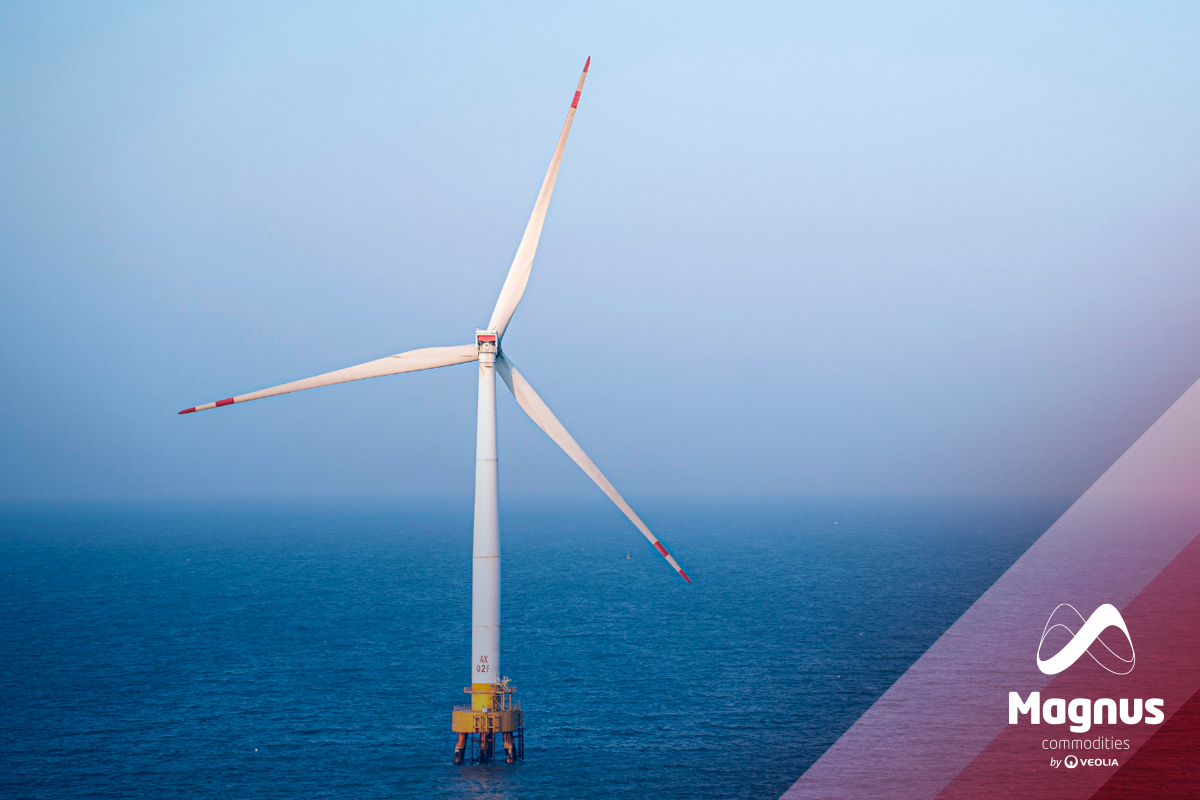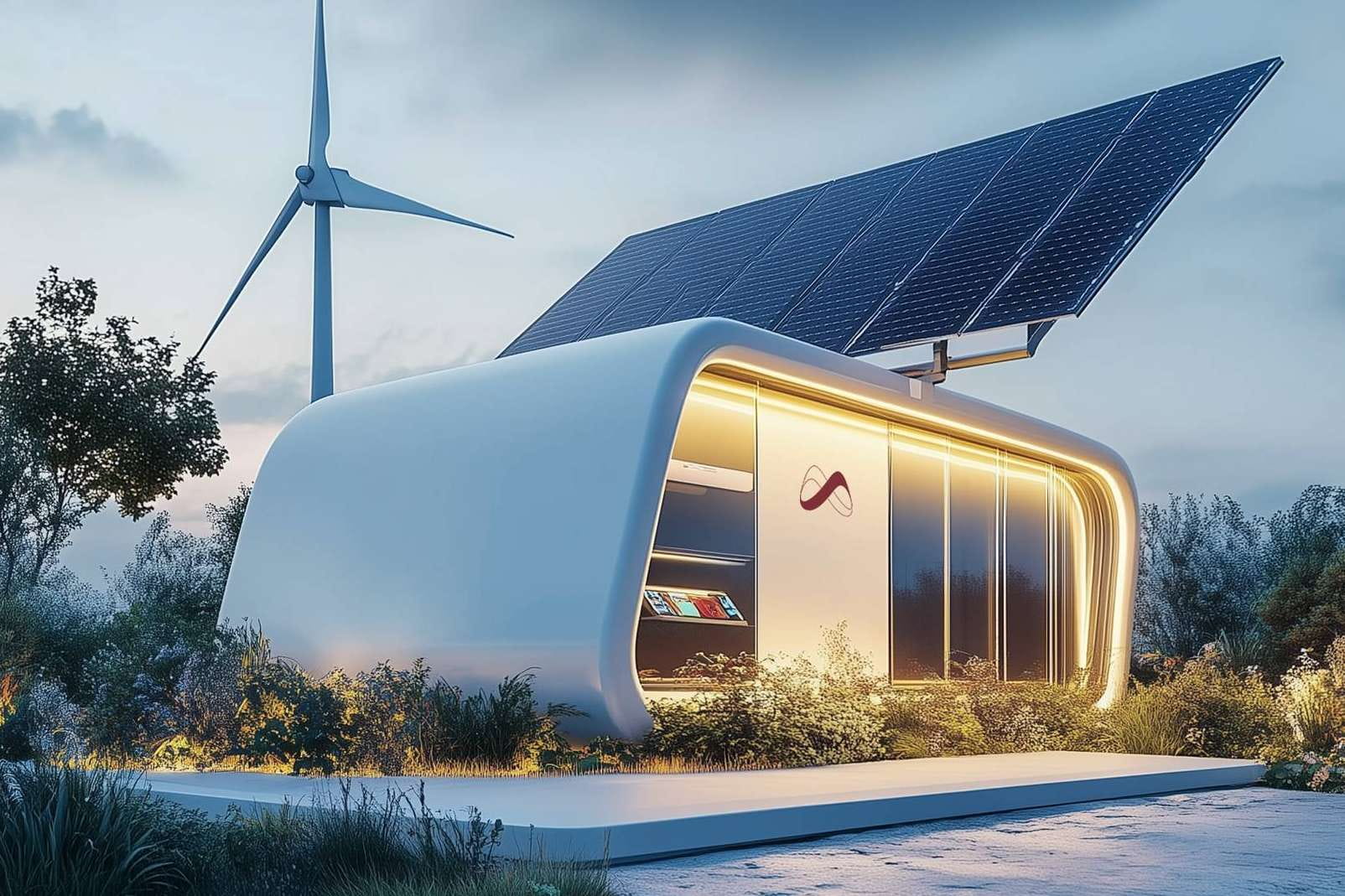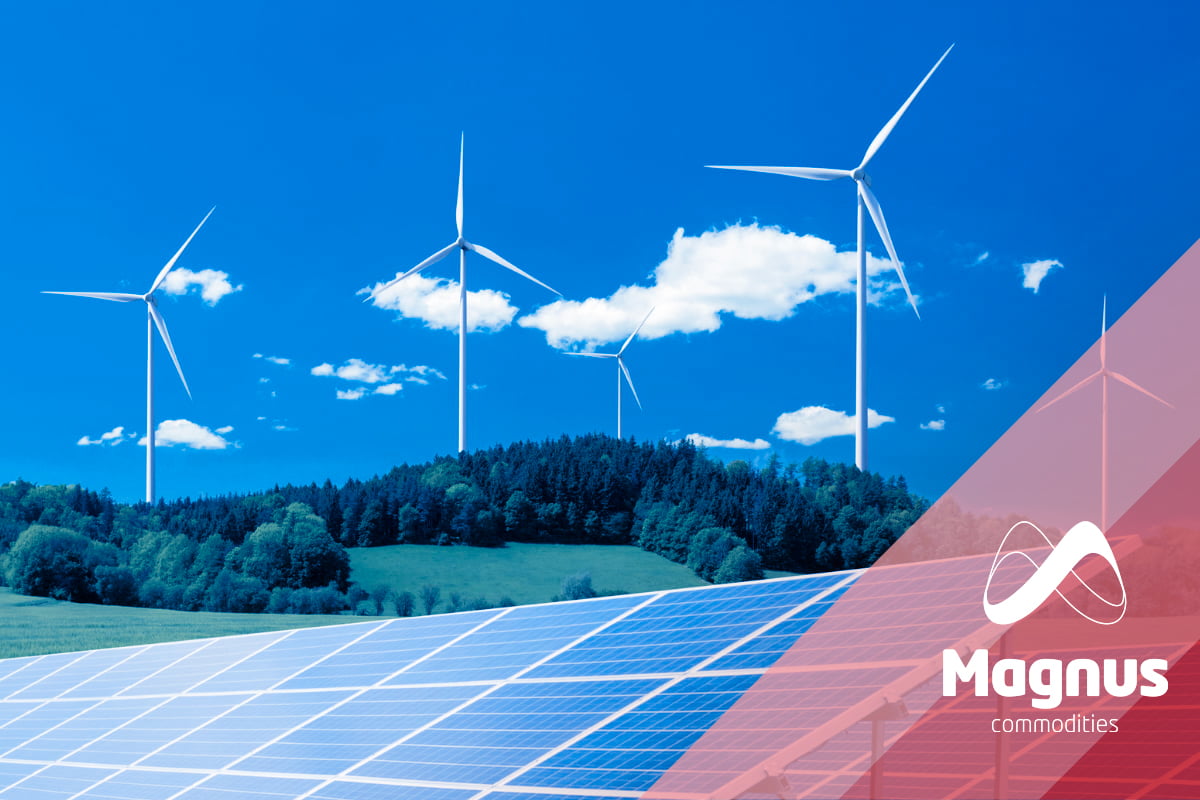
After 4 years everyone agrees with the fact that we live in a different World, especially the American citizens that voted on November 8th of 2016 for their leader: Donald Trump.
It has been four years of controversial leadership and governance, with strong positions and opinions, tweets and executive orders that shape a different America and a different World with a more domestic agenda to make “America Great Again”.
We are now in less than one month ahead of a new presidential term and the battle between Democrats and Republicans repeats having Donal Trump fighting for a second term against Joe Biden, the Ex-vice President under B. Obama Administration.
In terms of energy agendas, Joe Biden is presenting bolds and drastic changes to this sector while Trump does not present any goals and focus his entire campaign on his past achievements. In this article we will try to address the key-aspects of the two candidates, similar to our article written about the previous elections (here).

TRUMP GIVES PRIORITY FOR ENERGY DOMINANCE
Trump’s energy policy agenda is based on maintaining jobs in the existing power industries, more specifically in oil & gas and coal sectors and to continue the strategy of “Energy Dominance”.
In its first term, The Trump Administration focused on expanding domestic fossil fuel production, on developing midstream infrastructures and pushing for more export capacity. By doing that, the U.S. reached the top spot as number 1 oil and natural gas producer.
To achieve that, 30 significant environmental regulations were relaxed in the first term and in a possible second would mean more deregulation to seek for a clear path to increase production of oil, gas and coal.
In terms of public land uses, a re-election would empower the administration to keep opening public lands and even offshore areas for oil and gas leasing despite local opposition. One of the sensible areas involved is 1.6 million acres in the Artic National Wildfire Refuge (ANWR) in Alaska.
Regarding the climate change, The Trump Administration has proven to be quite sceptical and if the current president is re-elected, is first act will be to formally withdraw from the Paris Agreement on the next morning after the elections.

JOE BIDEN WANTS FOCCUS BACK ON CLIMATE CHANGE
On the other hand, the democratic candidate has pledged to return immediately to the Paris Agreement supporting is energy campaign on shifting the current scenario and leading the U.S. to carbon neutrality by 2050.
According to his agenda, a ten-year plan of 1.7$ trillions will create a 5$ trillion of wealth in the energy industry, distributed in 500 million solar panels, 8 million solar roofs and community energy systems and 60 thousand wind turbines installed in the next 5 years.
His energy strategy also addresses the shift to EV vehicles as well as green hydrogen production at the same cost of hydrogen from shale gas.
The eventual election of Joe Biden to move to the White House will pressure the onshore gas and offshore oil industry segments as the shift of attention passes from fossil fuels to renewable energy alternatives. On this subject, Biden proposes to ban new oil and gas permitting on public lands and waters.
The Democratic party is supporting the Green New Deal that plans to scale up the renewable energy transition, using proceeds to eliminate poverty. There was some recent controversy around this subject in the debate that gathered both candidates, when Biden stated that we didn’t back the Green New Deal and explaining that he supported the Biden plan instead which, according to him, is different.
EUROPE IS WATCHING
As always, the U.S. elections have huge impact inside and outside the borders even more in a moment where the World is facing a global pandemic that, according to WHO estimations, has infected 10% of the population and led to numerous lockdowns resulting in an economic crisis without precedent.
Adding this to the several trade disputes between US and other large economies, a swing from Republicans to Democrats could also cause a significant change in the foreign policy.
In the energy sector, a Trump re-election could avoid the conclusion of the Nord Stream 2, a strategic project for Russia strengthened its energy stranglehold on Europe. A project that has been fought by Trump Administration with taxes and sanctions to all the involved parties in the project. On the other hand, if Joe Biden is elected it’s still not clear how his administration will address this specific issue since the export of US natural gas will still be a key element and let Russia to increase its presence in the European market is not something that U.S. can assume lightly but there is a preoccupation to ease the foreign trade policy initiated by his opponent.
The election will also be crucial for the next steps towards the EU climate targets and how the Old Continent will deal with the carbon tax borders according to the American energy strategy adopted after November 3rd.
Despite the achievement of some “stability” in the Middle East, the last 4-years of Trump Administration registered a rise in authoritarian and revanchist governments inside and outside Europe. More national governments could undermine or even discourage the Climate Agenda threating the Paris Agreement without a leader such as the USA on board.

OPEC CHEERING FOR BIDEN
Under the Trump Administration, the United States of America rose outstandingly and became the largest oil and gas producer in the World forcing the OPEC members to review production levels and to reach an alliance with Russia and other oil producers in order to seek market rebalance and price stability.
A democratic win would directly tackle the domestic oil & gas production capacity since Joe Biden promised to his voters to stop offering new offshore oil and gas leases and to ban oil drilling in federal land. According to New York Times, 250 oil and gas companies could file for bankruptcy next year due to the COVID-19 pandemic and the fall of demand and oil & gas prices. A Democratic win would take the US fossil fuel sector to a darker place, helping OPEC to regain control of the oil market.
It is important to highlight that one thing is reshape the energy generation system and other is the fuel consumption so, despite Biden best efforts, the transition from oil will still take time.
COMMON GROUND
Despite of clear different strategies and plans for the next term in the Oval Office, both candidates still have some common interests and priorities in the energy sector.
Both nominees plan to invest resources in key technologies to help energy transition and somehow reduce GHG emissions. Trump wants to defend robust budgets for the Department of Energy to focus research on carbon capture, sequestration and transport of CO2, technology crucial to help reducing existing plants. Also, there is a lot of interest in developing battery storage and green hydrogen productions.
Despite the joint vision, the deregulation of the fossil fuel sector lead aimed by the Trump Administration would complicate more the job.

CONCLUSION
November 3rd will be another turning page in U.S.A. history but also in the World with two candidates presenting opposite visions and strategies but showing strong determination in fulfilling their promises. Joe Biden seems to be leading the polls and the presidential debate on September 29th helped him to consolidate his favouritism. However, the race only ends at the finish line and Trump has proven more than is resiliency.
Indirectly we have our future on hold and in the hand of the U.S. citizens that have an important task in their hands. Let’s wait for the results and hope for the best.
If you found it interesting, please share it!
Recent Articles



































